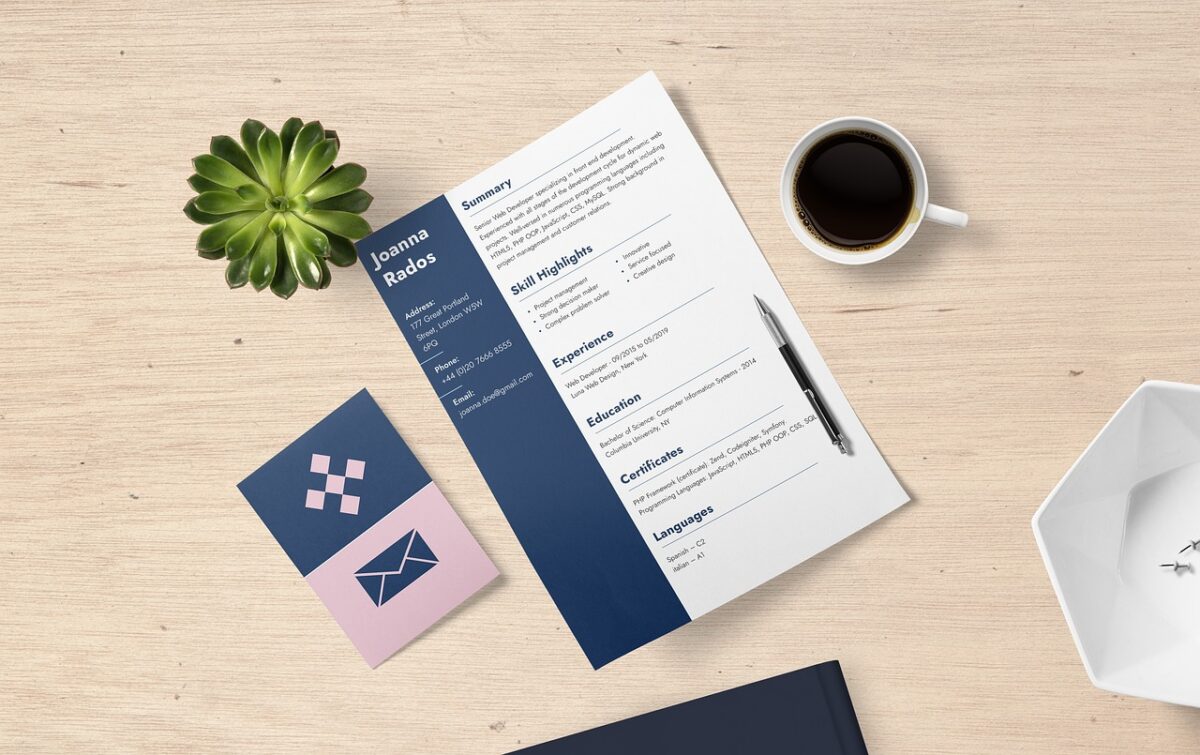Defining Your Interview Process

The job interview process has two purposes; helping the company determine the candidate’s suitability and the candidate determine if the business is right for them. Many factors go into the decision making process on both sides, such as company culture, the candidate’s ability, pay expectations, and alignment with the company’s mission.
The interview process differs between companies, with some businesses preferring face-to-face interviews, while others only run phone interviews.
In large companies, a single one-on-one interview is the preference of some hiring managers. In contrast, others run screening interviews, followed by a first interview, second interview, and third interview with a multi-person interview panel. Furthermore, the interview format can be informal or structured.
For small or medium-sized businesses, structured interviews provide an effective interview process, allowing business owners or a hiring manager to assess candidates and secure hiring success.
The Hiring Process
As we have highlighted, the hiring process can include an initial screening interview, first interview, second interview, third interview, decision, and the job offer. However, if recruitment resources are limited, it is entirely realistic to find and hire the best candidates with a two-minute phone screen and a virtual remote interview or in-person interview.
Structured Interviews
Unstructured interviews put a smooth interview process at risk, mainly because it becomes impossible to evaluate candidates on more than gut feelings. Also, if more than a few job interviews are held, the ideal candidate blurs with other candidates, which in a worst-case scenario could result in a job offer given to the wrong applicant.
A formatted interview process ensures all are conducted equally, include the same steps, ask the same questions, and score and record the answers. Evaluating and choosing the optimal candidate at the end of the interview process is straightforward.
Candidate Screening
Screening is often conducted to confirm if the candidate on paper meets your job requirements. Good screening questions to ask include:
- Can you tell me about your background and career so far?
- Are you applying for other jobs?
- What are your salary expectations?
- Why do you want to work for our business?
- What were you doing during the six-month gap on your CV?
Introduction
Whether you are running virtual, phone, or in-person interviews, provide candidates with a short introduction, lasting a few minutes. Reveal who you are and sell the company and its values (which also helps candidates determine if a culture fit exists) to increase the odds of job offer acceptance.
Interview questions
The main section of the interview consists of asking your interview questions, lasting fifteen to twenty minutes. Job interview questions can include situational questions, behavioural questions, skills tests, and hypothetical questions designed to uncover if candidates meet your requirements and offer the potential for excellent job performance.
For each interview question, rate candidates on a scale of 1-5 or 1-10, so you can determine who is the right person for the job in the final step, after completing your final interview. Rating candidates will also help you ignore your own biases and hire new employees based on merit alone.
Explore this topic further by reading Key Questions To Ask Candidates In Interviews.
Candidate Feedback
Before concluding the interview, encourage candidates to ask their questions. You might gain insights into whether the candidate has done their research and interview preparation or uncover a red flag.
Conclusion
Conclude the meeting by describing the next steps, such as if you are running second interviews with different department heads, and when a final decision will be made. Other pertinent information to share might include if you will make a job offer contingent upon completing a background check. These last comments also help ensure a good candidate experience.
How Many Interviews Should A Hiring Manager Conduct?
You should be able to reduce your candidate pool with screening or preliminary interviews and a single meeting where you ask candidates to answer behavioural questions and skill-verification questions.
However, if you want to make absolutely sure that you are hiring great candidates who will offer the best possible future performance, it is acceptable to run secondary meetings, which might include introducing job candidates to team members and departmental managers.
Resources for small businesses
Interviewing Tips
Securing the best job candidate in a competitive recruitment market can be a challenge, so all steps need to be well thought out and delivered in a polished and professional manner.
To ensure you get the new hire you are seeking, create a job ad and job description and use these as the foundation for your interview and questions. Write a company introduction revealing the business’s mission, vision, and values, and practice delivering it before commencing with interviewing.
Small Businesses Guide For Cost Effective Recruitment
Defining Your Interview Process is a chapter from our Small Business Guide For Cost Effective Recruitment. In this recruitment guide, we explore:
- Why Should SMEs Build An Employer Brand?
- Preparing Job Descriptions
- Introducing An Employee Referral Scheme
- Social Media Hiring Strategies For SMEs
- Posting On Job Boards And Leveraging Fixed Cost Recruitment
- Centralising Recruitment With ATS
- Creating A Talent Pool
- Defining Your Interview Process
- Presenting A Job Offer
Download the Small Business Guide for Cost Effective Recruitment



